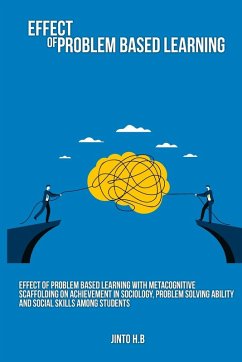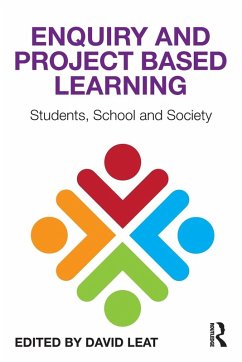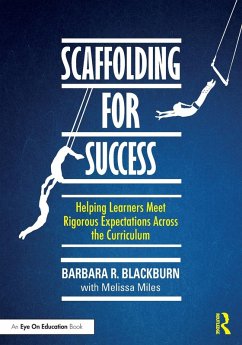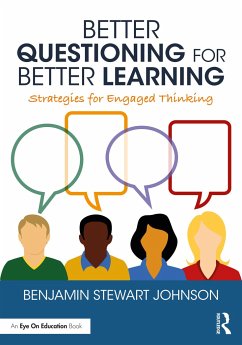
Social Scaffolding
Applying the Lessons of Contemporary Social Science to Health and Healthcare
Herausgeber: Williams, Richard; Bailey, Susan; Bhui, Kamaldeep S; Haslam, Catherine; Haslam, S Alexander; Kemp, Verity
Versandkostenfrei!
Versandfertig in 2-4 Wochen
58,99 €
inkl. MwSt.
Weitere Ausgaben:

PAYBACK Punkte
29 °P sammeln!
An approach to designing health care that explores how social factors and social identity determine health and recovery.
Dieser Artikel kann nur an eine deutsche Lieferadresse ausgeliefert werden.













